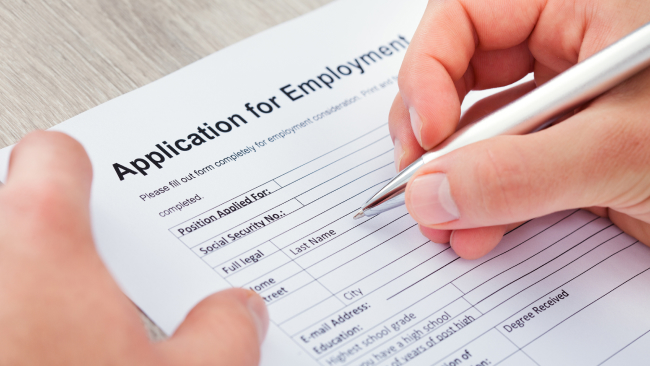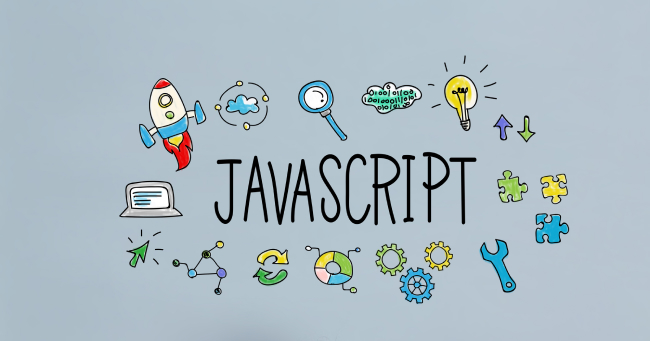Title:
In the competitive landscape of job recruitment, interviews serve as pivotal gateways that determine candidates’ suitability for prospective roles. Emerging research highlights that while technical skills and experience are fundamental to appeal to employers, the underpinning attribute influencing candidates’ performance in these high-stakes environments is confidence. This article delves into the multifaceted relationship between confidence and interview success, elucidating how self-assurance impacts not only personal presentation but also communication efficacy, decision-making, and overall impression management. By critically examining psychological theories and empirical studies, we aim to unveil strategies that candidates can employ to bolster their confidence, ultimately enhancing their interview performance. As organizations increasingly prioritize behavioral competencies alongside technical proficiencies, understanding the role of confidence becomes essential not only for applicants seeking employment but also for hiring professionals seeking optimal fits for their teams.
Table of Contents
- Understanding the Psychological Foundations of Confidence in Interviews
- Strategies for Building Self-Confidence Through Preparation and Practice
- Leveraging Positive Body Language and Communication Skills to Enhance Perception
- Techniques for Managing Anxiety and Cultivating a Confident Mindset During Interviews
- Wrapping Up
Understanding the Psychological Foundations of Confidence in Interviews
Confidence during interviews is not merely an innate trait; it is deeply rooted in psychological concepts that can be cultivated over time. Understanding these foundations can significantly enhance one’s performance. Self-efficacy, a term coined by psychologist Albert Bandura, refers to an individual’s belief in their ability to succeed. High self-efficacy can lead to greater persistence and resilience in the face of challenges, such as tough interview questions. Additionally, positive visualization, where candidates imagine themselves successfully navigating the interview process, can reduce anxiety and heighten confidence levels. By practicing these techniques, candidates can align their mindset with the expectations of the role they’re applying for.
Another key psychological aspect of confidence is the growth mindset. Coined by Carol Dweck, this concept emphasizes the belief that abilities and intelligence can be developed through dedication and hard work. Candidates with a growth mindset are more likely to view interviews as opportunities for growth rather than tests of their worth. Furthermore, body language plays a crucial role in how confidence is perceived. Research suggests that adopting powerful poses can lead to increased feelings of confidence, which in turn can be reflected in performance. By focusing on these psychological foundations, candidates can create a powerful toolkit that not only improves their confidence but also enhances their overall interview success.
Strategies for Building Self-Confidence Through Preparation and Practice
Building self-confidence is essential for interview success, and it begins with meticulous preparation. By engaging in comprehensive research about the company and the role, candidates can gain a deeper understanding of what is expected. This knowledge not only informs answers but also enhances the ability to ask insightful questions. Consider these steps when preparing:
- Review Common Interview Questions: Familiarize yourself with frequently asked questions and prepare structured answers.
- Conduct Mock Interviews: Practice with friends or mentors to simulate the interview environment.
- Analyze Your Resume: Be ready to discuss every aspect of your background with confidence.
Practice is equally crucial for self-assurance. Frequent rehearsal of responses can help internalize key points, making it easier to articulate thoughts during the actual interview. Use the following methods to reinforce your confidence:
| Practice Method | Description |
|---|---|
| Vocal Recitation: | Read your answers aloud to improve phrasing and delivery. |
| Video Recording: | Record yourself to evaluate body language and tone. |
| Peer Feedback: | Solicit constructive criticism from peers after mock interviews. |
Leveraging Positive Body Language and Communication Skills to Enhance Perception
In the realm of interviews, first impressions are often made long before any words are spoken. Utilizing positive body language can significantly shift the perception an interviewer has of a candidate. To convey confidence, one should maintain an open posture, which includes uncrossed arms and legs, allowing the body to project both comfort and assurance. Further, incorporating eye contact is essential; it not only conveys attentiveness but also indicates a genuine interest in the conversation. Smile genuinely, as this simple act can establish rapport and instantly make the atmosphere more welcoming. Consider the following points to master your body language:
- Stand Tall: An upright stance can reflect confidence.
- Gestures: Use hand gestures to emphasize important points, but avoid overdoing it.
- Nod Along: Nodding while the interviewer speaks shows engagement.
- Mirroring: Subtly reflecting the interviewer’s body language can create a sense of connection.
Alongside body language, honing effective communication skills plays a pivotal role in shaping how one is perceived during an interview. Clear and articulate speech is paramount; it showcases not only knowledge but also helps in building trust. Practicing active listening is equally important; it involves not just hearing what’s being said, but also responding thoughtfully. Utilize the STAR method (Situation, Task, Action, Result) to structure your responses, ensuring clarity and focus. Here’s a brief overview of effective communication techniques:
| Technique | Description |
|---|---|
| Active Listening | Fully concentrate, understand, and respond to what is being said. |
| Vocal Variety | Utilize pitch and tone variations to keep interest alive. |
| Open-Ended Questions | Encourage discussion by asking questions that require more than a yes/no answer. |
Techniques for Managing Anxiety and Cultivating a Confident Mindset During Interviews
Approaching an interview can be daunting, but mastering your anxiety is key to showcasing your true potential. To manage feelings of nervousness, consider these effective strategies: practice mindfulness techniques such as deep breathing exercises, which help redirect your focus and calm your mind. Incorporating visualization techniques can also be beneficial; picture yourself successfully navigating the interview, radiating confidence. Additionally, preparation is paramount. Conduct thorough research on the company and position to ensure you’re well-informed and ready to engage meaningfully. This knowledge not only equips you with answers but also instills a sense of control and confidence.
Building a confident mindset is essential to stand out in interviews. Here are some practical methods to foster self-assurance: affirmations can create a positive mental framework; repeat encouraging statements to reinforce your capabilities. Furthermore, mock interviews with friends or mentors allow you to practice responding to questions in a low-pressure environment, helping to mitigate anxiety. creating a personal “success table” where you document previous achievements and positive feedback can serve as a powerful reminder of your qualifications. Below is a simple structure to help you track your accomplishments:
| Date | Achievement | Positive Feedback |
|---|---|---|
| MM/YYYY | Developed a successful project | “Outstanding leadership skills.” |
| MM/YYYY | Exceeded sales targets | “Remarkable diligence and drive.” |
| MM/YYYY | Received a performance award | “Consistent high performance under pressure.” |
Wrapping Up
the interplay between confidence and interview success cannot be overstated. As we have explored, a confident demeanor not only enhances communication but also instills trust and credibility in potential employers. The strategies discussed—ranging from thorough preparation and self-assessment to the cultivation of a positive mental attitude—are essential tools that candidates can harness to bolster their confidence levels.
Furthermore, understanding the psychological underpinnings of confidence enables job seekers to approach interviews with a clear, focused mindset, transforming potential anxiety into a demonstration of poise and competence. As the job market continues to evolve, the ability to convey confidence will remain a pivotal factor in distinguishing oneself from the competition.
Ultimately, fostering confidence is an ongoing process that extends beyond the interview room. By committing to personal and professional growth, candidates pave the way for not only enhanced interview performance but also long-term career advancement. Embracing this critical aspect of preparation can lead to significant improvements in outcomes, positioning candidates to navigate their professional journeys with assurance and success.






